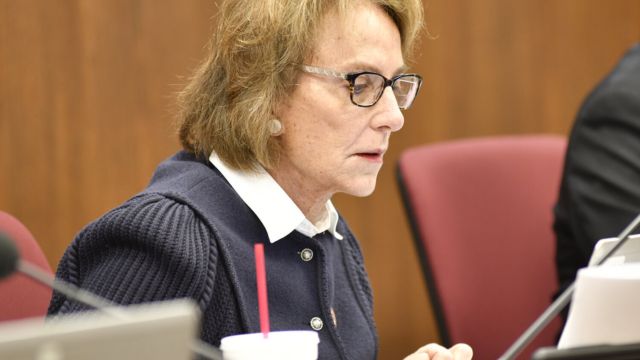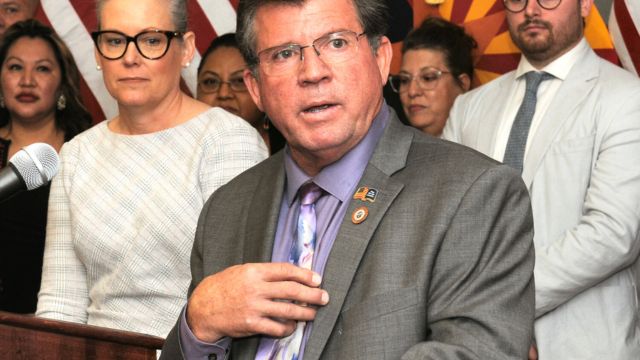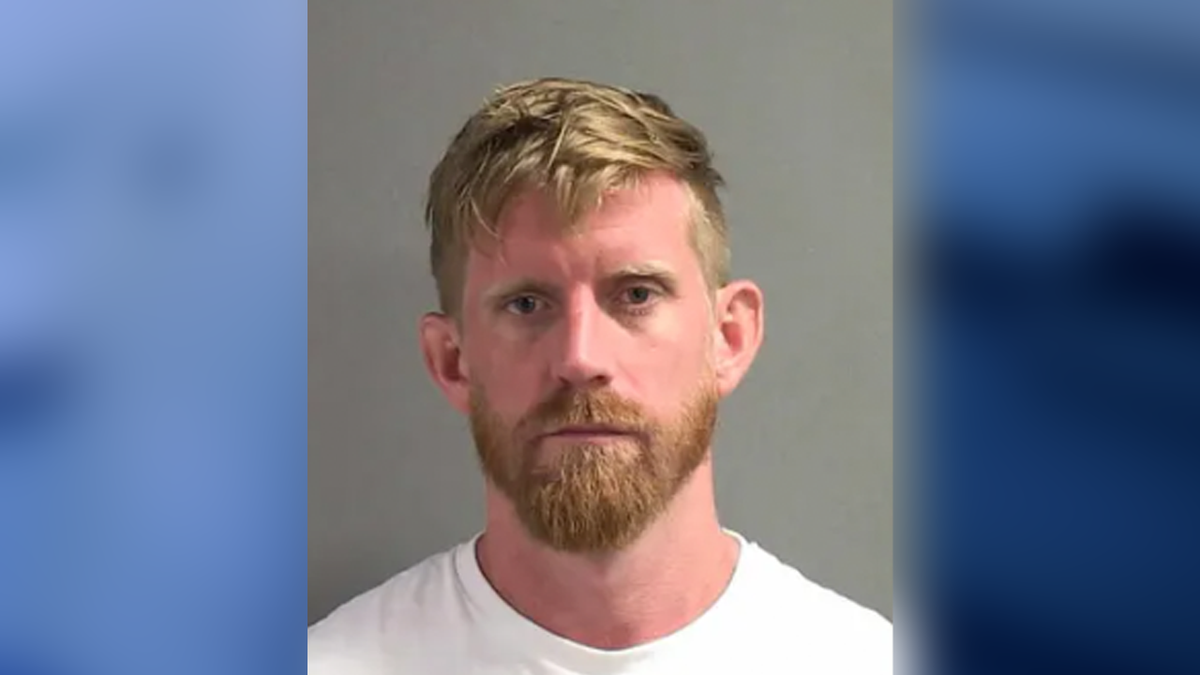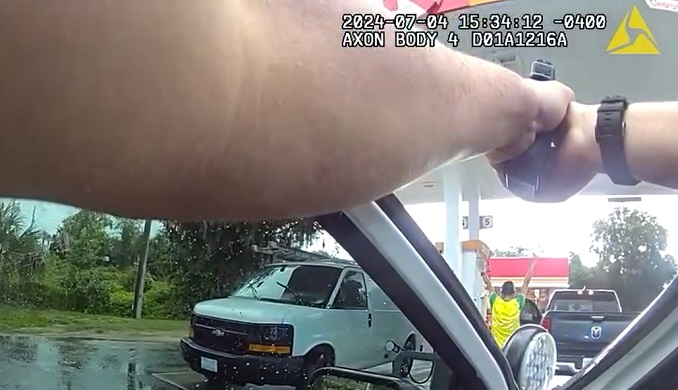Arizona Legislature Moves Forward with Measures to Address ‘Squatter’ Problem
Phoenix — Lawmakers in the state are just one vote away from passing legislation that will facilitate property owners’ efforts to evict squatters from their residences.
However, a prominent Democrat lawmaker expressed her concern that the solution to the problem facing some homeowners would wind up being a weapon in the hands of domestic abusers, driving victims from their houses.
Sen. Wendy Rogers stated that the goal of her legislation is to address a growing issue.
- Auto Insurance Shopping Rises in Response to Soaring Insurance Rates: Report
- Avoid These 7 Missteps When Refinancing to a Lower Mortgage Rate
- Rising Home Prices Amid Slight Mortgage Rate Dip: Analysis
- Fresno County’s Groundbreaking Initiative: $500 Monthly Payments in New Guaranteed Income Program, Here is Who is Eligible
- Unlocking Financial Freedom: 5 Reasons to Opt for Personal Loans in Credit Card Debt Repayment
“You leave on vacation, your house is empty—you imagine,” the Republican from Flagstaff said to his colleagues. “You find squatters living on your property when you return home.”
These occupants do not appear to have overstayed their lease. The Arizona Landlord and Tenant Act includes provisions for handling situations like that, such as requesting a court order.
- Will Everyone Get a $12,000 Stimulus Check in 2024? Find Out Eligibility
- $6400 Stimulus Checks in 2024: What You Need to Know About Eligibility and Payment Dates
- IRS 4th Stimulus Check 2024: Comprehensive Guide to Eligibility and Payment Dates
- 3 Smart Moves to Make Once Your Savings Reach $50,000, Here Are Crucial Actions to Take
- 3 Effective Ways to Pay Off Student Loans on a $50K Salary or Less, Know Here!
According to Rogers, police are essentially unable to ascertain whether the occupants of the house are not authorized to be there under the current legislation. Generally speaking, property owners must appear in court, which may be an expensive and time-consuming process while someone is occupying the house and perhaps damaging it.

Arizona senator Justine Wadsack, a Republican, stated that this is a serious issue.
As a Realtor, she added, “I can tell you that when I do real estate, I had to start carrying a gun with me everywhere I go.” “I’ve been inside some of these townhouses and homes where people were urinating and defecating inside, the curtains were pulled down, the windows were broken.”
SEE MORE: California Family Locates Missing Dog in Unexpected Michigan Encounter, Is Heart Touching Story
However, Wadsack noted that this is only a portion of the issue.
It can be “terrifying” to round a corner while expecting to show your buyer the third bedroom and instead encounter someone who is effectively taking control of someone else’s belongings, the speaker added. However, Wadsack stated that when someone phones the police, they are generally told that there is nothing they can do.
She claimed that the procedures already in place to remove someone takes time.
Senate Bill 1129, as drafted by Rogers, would enable a landowner to present a written affidavit to the police claiming that the occupant does not pay rent, has no ownership or lease interest in the property, and has no right to remain there if they refuse to leave.
An officer could then give the person instructions to leave based on that. And the occupant may face trespassing charges if he or she doesn’t.
However, the proposal does contain wording stating that someone who is improperly removed may file a lawsuit to recover damages.
The Senate approved SB 1129 on a bipartisan vote of 18 to 8.
However, more queries surfaced when the legislation was brought before the House.

Attorney Maxine Becker of Wildfire, previously the Arizona Community Action Association, told the House Judiciary Committee, “We don’t have a philosophical problem.” “Anyone who is not legally allowed to be in a home should, without a doubt, be able to be removed quickly.” But, she pointed out that there are currently some rules in place that address how to handle both trespassers and “unwanted guests.”
What’s more important, according to Becker, is how victims of domestic abuse may be targeted by the legislation.
SEE MORE: A Georgia Guy Who Vanished From Silver Spring Is Found by the Police
Even with current legislation, she claimed, some women in shelters “have been threatened that they will have to leave by the police, by their abusers.”
Regarding the legislation, Becker remarked, “This codifies that.” Representative Analise Ortiz took notice of that.
The Democrat from Phoenix informed her colleagues that the Arizona Coalition Against Domestic Violence, which opposes SB 1129, should also be heard when the issue reached the full House. According to Ortiz, there is opposition from the Arizona Association of Chiefs of Police as well, whose officers would be doing the evictions.
There are other defects, according to Ortiz.
Since nothing in the Senate-approved bill requires proof of actual ownership or the power to act on behalf of the owner legally, she claimed that it “also is not adequate to protect lawful tenants.” The possibility of the resident to offer contradictory facts to refute the affidavit prior to being removed is also absent, according to Ortiz.
“That’s where the worry lies—survivors of intimate partner abuse who may be living with an abuser could potentially be targeted by this SB 1129,” the speaker stated.
Leo Biasiucci, the majority leader in the house, did consent to amend the Senate-approved law in a few areas.
For instance, the amended text stipulates that the owner of the property must first attest under penalty of perjury to the fact that they are the owner or an authorized agent and that the occupant has rejected a request to vacate.
Additionally, Biasiucci inserted wording stating that if an occupant is a member of the property owner’s immediate family, the bill’s remedy of removal would not be applicable. A “prior verbal or written agreement to cohabitate with the property owner in the residential dwelling” would also apply in this situation.
But according to Ortiz, that is not enough to safeguard victims.
She described it as “filled with contradictions and ambiguous law enforcement directives.” According to Ortiz, part of that entails demanding unequivocal confirmation that the individual writing the declaration and requesting the eviction is, in fact, the property’s legitimate owner.
She added that those who have been living together are not particularly protected by the new terminology.
She questioned, “How do you prove the oral agreement?” To address the concerns, Ortiz said supporters ought to have collaborated closely with Wildlife and the Arizona Coalition Against Domestic Violence, which are the organizations best knowledgeable about the subject.
Senators must now consider the modifications made to the proposal in the House. The legislation would be sent to Governor Katie Hobbs if they agree.











